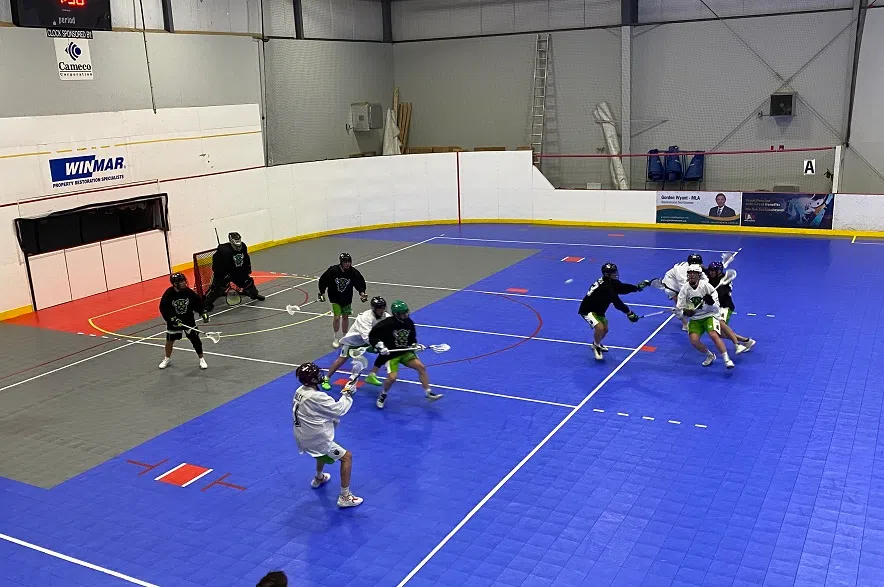Hateful comments have spread far and wide on social media following the shooting death of a First Nations man near Biggar, Sask.
Coun. Ben Kautz, with the Rural Municipality of Browning, posted a comment widely-circulated earlier this month regarding farmer Gerald Stanley, 54, who is accused of second-degree murder in Boushie’s death.
“His only mistake was leaving three witnesses,” read the post on a Saskatchewan farmers group Facebook page. The group has since been closed.
It’s just one example of what has been seen online. The issue was top of mind for people attending the Federation of Sovereign Indigenous Nations (FSIN) special assembly at the First Nations University Monday.
“It’s just not right,” said 16-year-old Colin Machiskinic at the event. “We can deal with it, but it is up to the people who discriminate against us. It is up to them to change.”
First Nations chiefs from across the province were at the assembly to vote on the new casino in Lloydminster, but the issue of racism was hard to ignore by those speaking.
Calls for something to be done – for action, not words – were uttered by all those at the meeting, particularly the leadership.
Andre Bear, FSIN youth representative, spoke of the fear many young indigenous people feel.
“People like us are even scared to travel around, there is so much racial tension and fear,” Bear said. “It is unbelievable how dehumanized First Nations youth in this province feel.”
There is some hope coming from the tragic shooting. While expressing the pain his people are going through, Red Pheasant Chief Clint Wuttunee said positive thoughts have been sent their way.
“I’ve had people in the RM of Glenside expressing their sorrow and sympathies for Red Pheasant (First Nation). There are some good people out there, there are some good farmers out there,” Wuttunee said.
Appearing on behalf of the province, Minister of Government Relations Jim Reiter said things had become “inflamed” and called for people to let the RCMP and the justice system do its work.
“Some of the comments made are just completely unacceptable,” Reiter said.
Kenilee Pelletier, 17, also hopes change will come.
“What if my children have to face this? Even worse, I feel like if something is not done about it now, what’s the future even hold for me, what is even better?” she said.
– With files from The Canadian Press







